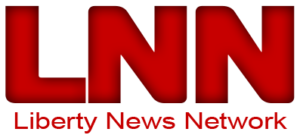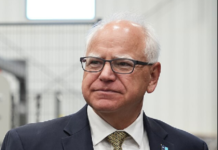A prominent insider in the pharmaceutical industry has come forward to expose the tactics employed by major pharmaceutical companies in manipulating public opinion to promote their products. In a recent interview with independent journalist Tucker Carlson, Calley Means, a whistleblower from within the industry, shed light on how pharmaceutical companies exert their influence by financially influencing the media.
Means provided an explanation for the prevalence of pharmaceutical commercials on American television, a phenomenon not seen in most other countries, including the United States’ neighbor, New Zealand, where such ads are prohibited. The ban on TV pharmaceutical ads in other countries stems from concerns that the advertising could unduly impact the editorial decisions made by media organizations.
However, in the United States, the presence of pharmaceutical advertisements on TV has become almost as ubiquitous as the news anchors themselves, with slogans like “Brought to you by Pfizer” becoming familiar to viewers. Means asserts that the concerns expressed by other nations regarding pharmaceutical advertising are indeed valid.
During his appearance on the Tucker Carlson Network, Means disclosed that the true purpose of these ads is not solely to sell drugs to the public. Instead, he revealed that they serve as a strategic tool for public relations and lobbying, effectively serving to influence and sway the news media.
This revelation, according to Means, is an open secret within the pharmaceutical industry.
Watch the full exchange below:
Ep. 72 "If a fish tank is dirty, you clean the tank. You don't drug the fish." Calley Means makes the case against Ozempic. pic.twitter.com/KYWjeJYJ47
— Tucker Carlson (@TuckerCarlson) February 2, 2024




